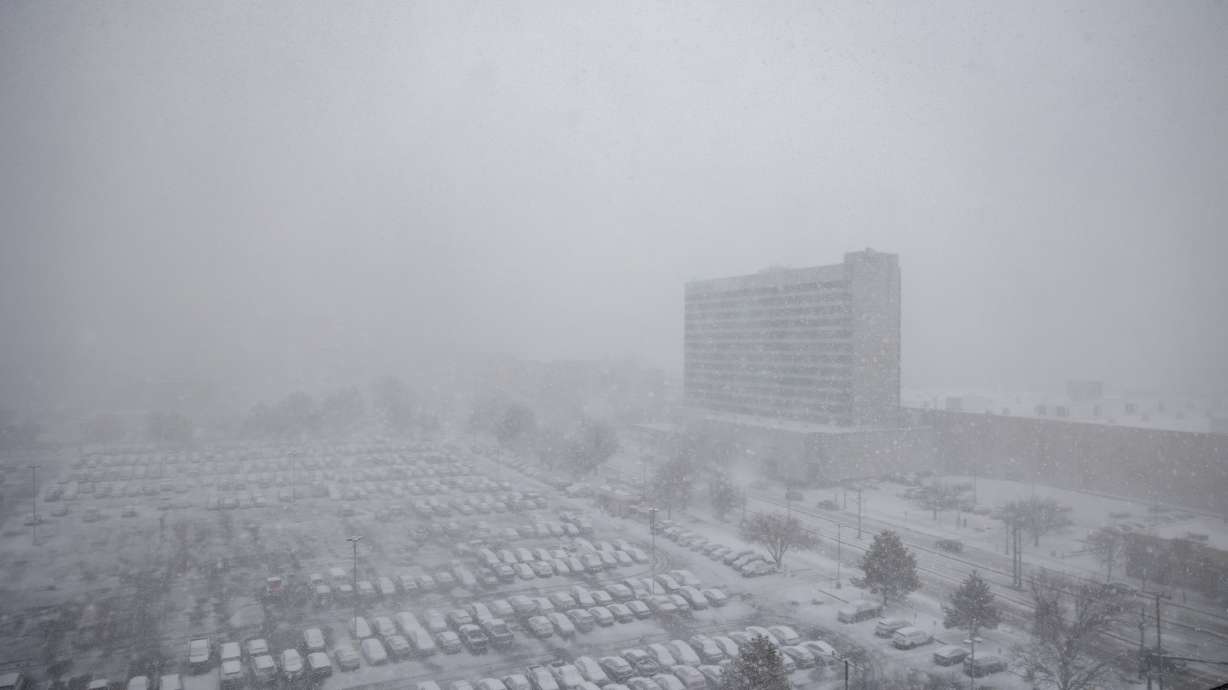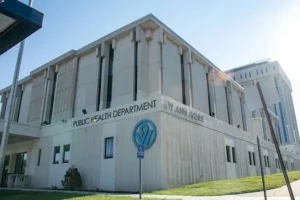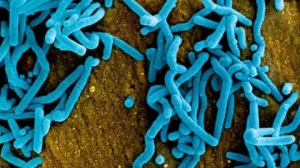United States: Seasonal Affective Disorder (SAD), a nuanced variant of depression, afflicts approximately 5 percent of both the American populace and Utah residents. If left unattended, SAD can precipitate profound and adverse ramifications, as noted by local clinicians, therapists, and leaders of support networks.
Manifesting through erratic sleep patterns—whether excessive or insufficient—waning interest in previously enjoyable activities, mounting exhaustion, diminished appetite, lingering melancholy, and other depressive markers, SAD underscores the imperative for therapeutic intervention or clinical attention, according to the reports by ksl.com.
Frequently mistaken by others as mere “winter blues,” SAD often initiates subtly in autumn. Early indications might include declining social engagement or prolonged slumber, yet its progression can render individuals increasingly incapacitated when neglected.
Shining a light on Seasonal Affective Disorder (SAD)
— Patient Choice (@PatientChoiceUK) January 13, 2025
SAD is more than just the 'winter blues'. It can cause severe fatigue and low mood.
Self-care could be: walking outside when possible, using light therapy and connecting with others.#SeasonalAffectiveDisorder pic.twitter.com/CWi5iW0g9h
“This condition can escalate to feelings of hopelessness, helplessness, and even suicidal ideation,” explained Dr Jason Hunziker, a psychiatrist at the University of Utah Health. “You’ll recognize a recurring pattern of symptoms coinciding with shorter, darker days. Additionally, Utah’s geographic positioning—with its reduced daylight and limited sunshine—heightens the prevalence of seasonal affective disorder compared to sunnier locales like Florida.”
In recent times, mental health specialists have observed a dichotomy in the societal approach to psychological disorders. On the one hand, there is heightened awareness and a genuine eagerness to comprehend mental health complexities. Conversely, casual misuse of diagnostic terminology—such as attributing fastidious behaviors to OCD or labeling emotional fluctuations as bipolar—has fostered misconceptions. This flippancy often diminishes the gravity of conditions like SAD, relegating them to mere seasonal diseases, as per ksl.com.
This trivialization of SAD, colloquially termed “winter blues,” coupled with a general lack of comprehension regarding its severity, contributes to societal misunderstanding. Mental health practitioners, both nationwide and within Utah, emphasize the importance of accurately recognizing SAD as a legitimate and serious affliction.
Individuals formally diagnosed with SAD often grapple with feelings of isolation and alienation stemming from their experiences. However, peer support groups provide a beacon of hope.
Utah’s branch of the National Alliance on Mental Illness (NAMI) offers peer-led support groups designed for individuals confronting mental health challenges, including SAD. These gatherings cultivate mutual learning about the condition, offering participants strategies to mitigate symptoms and navigate interpersonal relationships.
With many sessions now conducted virtually, participants can join from the sanctuary of their personal spaces—a practice born out of the COVID-19 pandemic. Group sizes range from four to 25 individuals, with a deliberate effort to maintain smaller assemblies, enabling richer interaction and dialogue, as per the reports by ksl.com.
“Our assessment data reveals that virtual groups are equally impactful as in-person meetings,” shared Robin Holcomb, interim executive director of NAMI Utah. “One sentiment we frequently hear is, ‘I’m not alone.’ That realization can be profoundly transformative.”
Medical professionals emphasize that treatment options for SAD are accessible and effective. Pharmaceutical antidepressants remain a cornerstone of care, while physical activity is also championed for its therapeutic benefits. Although not sanctioned by the FDA, light therapy utilizing lamps that emit 10,000 lux of illumination has shown promise as an auxiliary treatment.
Nonetheless, Dr. Hunziker stresses the unparalleled value of consulting healthcare professionals for tailored guidance on SAD management. “It’s crucial to understand that enduring symptoms without intervention amplify the need for professional support,” he asserted, according to ksl.com.
By seeking timely help, individuals can uncover pathways to alleviation and reclaim a sense of equilibrium amid the seasonal shadows.





